How to approach your first natural capital assessment
By Dr. Stephanie Hime & Sabina Gordon, Little Blue Research Ltd
This article was originally published by We Value Nature.
Across the world, sustainability is being pushed to the forefront of the global agenda. In response, it is vital for the private sector to reflect on its relationship with natural capital, specifically its impacts and dependencies. Doing so will be necessary, not only for protecting our planet and positively contributing to global climate and biodiversity targets, but also in managing the numerous risks and opportunities that businesses are exposed to.
To help businesses and sustainability champions pursue this mission, Little Blue Research have teamed up with We Value Nature to produce a business training module on the scoping of natural capital assessments. This is the second module in a series designed to help organizations on their natural capital journey by introducing key concepts and by supporting them to use practical tools and approaches to assess their impacts and dependencies on nature. Module 2 builds upon the groundwork in Module 1 by stepping through the scoping stage of the Natural Capital Protocol. It also introduces measurement and valuation techniques so that businesses can begin to integrate the consideration of natural capital as part of their risk and opportunity assessments.
The outbreak of the coronavirus pandemic has highlighted our reliance on the planet’s key resources and the vulnerabilities of global structures in dealing with large-scale shocks. Alongside this, more information about the value to countries and businesses of prioritizing nature is becoming available with WEF estimating that the prioritization of nature has the potential to generate $10.1 trillion in annual business value. These changes have motivated leaders to step up efforts to understand environmental impacts – in a recent hearing of the European Parliament for example, Christine Lagarde, President of the ECB, stressed the need for a “transition towards a greener economy” as a “crucial part of economic recovery”.
Ultimately, ‘business as usual’ is vulnerable to a range of outside influences, including dependencies on natural and other capitals. The We Value Nature Module 2 training helps businesses to understand their vulnerabilities and pinpoint areas of risk, whether that be operational, legal, financial, reputational or societal. With an increasing trend in more transparent, standardized and meaningful ESG reporting and disclosures, it is evident that businesses are starting to recognise these vulnerabilities. Recently, for example, the ‘Big Four’ accounting firms have unveiled a joint initiative to develop a reporting framework for ESG standards. This drive towards better reporting is being spearheaded not only by institutions like the International Business Council, but is also considered important by companies. A recent CFO survey by PwC has found that environmental, social and governance (ESG) activities were less likely to get axed than other initiatives as firms respond to the pandemic.
The release of Module 2 provides businesses with an accessible and effective tool to kick-start their natural capital journey, change their relationship with nature and transform risk into opportunity.
To help support sustainability champions engage stakeholders in their organizations, Module 2 has been released with the option to be delivered by virtual presentation utilising interactive software like Mentimeter and Zoom. This has opened up a practical way for more people to join in discussions on natural capital and connect with others across the globe.
All of We Value Nature's training material, including slides, facilitator agendas and speaking notes, can be freely accessible through We Value Nature’s training resources page.

